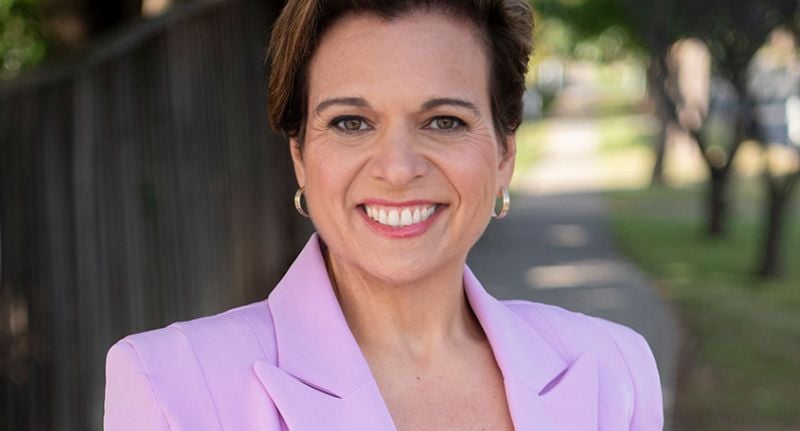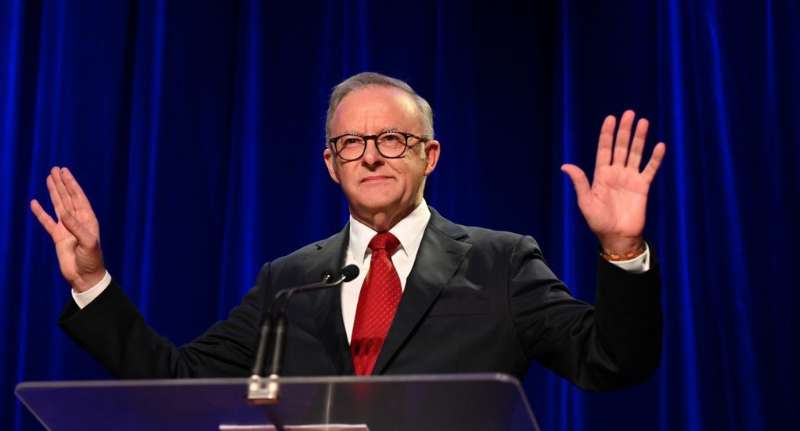The Albanese government has decided against relaxing Australia’s copyright laws to create an exception that would allow text and data mining (TDM) for training artificial intelligence models.
The Productivity Commission had argued that there are requirements in the Privacy Act that constrain innovation without providing meaningful protection to individuals in the interim Harnessing data and digital technology report.
It recommended easing restrictions, claiming that a mature data sharing regime could add up to $10 billion to Australia’s annual economic output.
The government initially said it had “no plans” to introduce an exemption without ruling it out entirely, but has now confirmed it will not water down copyright protections.
“This government has repeatedly said that there are no plans to weaken copyright protections when it comes to AI,” said attorney-general Michelle Rowland.
“The tech industry and the creative sector must now come together and find sensible and workable solutions to support innovation while ensuring creators are compensated.”

Attorney-General Michelle Rowland
News sector hails decision as catalyst for licensing
Michael Miller, executive chairman of News Corp Australasia, said the government’s announcement is a welcome catalyst for tech and AI companies to licence Australian content.
“By upholding the creator’s right to control access, terms of use and payment it reinforces that our copyright law works to ensure effective market outcomes,” he said.
“The announcement secures a sustainable and thriving future for Australia’s culture, news media and creative sectors, guaranteeing that Australian stories will continue to resonate powerfully at home and across the world, which is vital for a robust democracy.
“I call upon the government to move at speed to implement the News Bargaining Incentive and News Media Assistance Program for small and regional media companies.”
A Nine spokesperson said the government has set a clear marker to big tech that ideas and intellectual property are not free to swipe and ingest.
“Nine has experienced first hand just how active this illegal scraping of our journalism has become, with no way of knowing exactly what it is being used for,” the spokesperson told Mediaweek.
“The one thing we do know is that if it’s valuable enough for them to steal it, then it’s right they be made to pay for it.”
Industry groups praise protection for creators
The Australian Recording Industry Association (ARIA) and Phonographic Performance Company of Australia (PPCA) also welcomed the decision.
Annabelle Herd, CEO of ARIA and PPCA, said this decision reinforces Australia’s commitment to its artists and creative industries.
“It recognises the inherent value of Australian creativity and culture, including First Nations Culture,” she said.
“It recognises that copyright and IP laws are the foundation of the creative economy, the digital economy, and the technology industry.
“We sincerely thank attorney-general Michelle Rowland for standing firmly to uphold copyright law, but also for making the commonsense decision to back the rights of artists, authors, creators, and rights-holders over a small group of large, powerful tech companies.”
Herd said the next step is making sure these principles are applied in practice.
“We will be in Canberra to make the case for keeping Australia’s cultural sovereignty intact. We will be there with artists and industry leaders to ensure creators’ voices shape the future of copyright and technology,” she said.
“We should not be considering new models or creating loopholes, we should be upholding the laws that already sustain thousands of jobs and exports.”
Free TV said legalising unauthorised “content theft” by artificial intelligence providers would benefit multinational tech giants at the expense of Australia’s creative and news sectors.
Bridget Fair, CEO of Free TV, said the government had made the right call.
“Current copyright law already creates the right environment for negotiations between rightsholders and technology companies through proper licensing frameworks,” she said
“A TDM exception would have undermined these frameworks and legitimised the use of Australian content to train AI systems without express permission or payment to copyright holders. The Government has rightly concluded that productivity growth should not come at the expense of the local news media and creative sectors that underpin Australian democracy and culture.
“Commercially negotiated licensing agreements – supported by meaningful transparency requirements – will deliver better outcomes across the board.”

